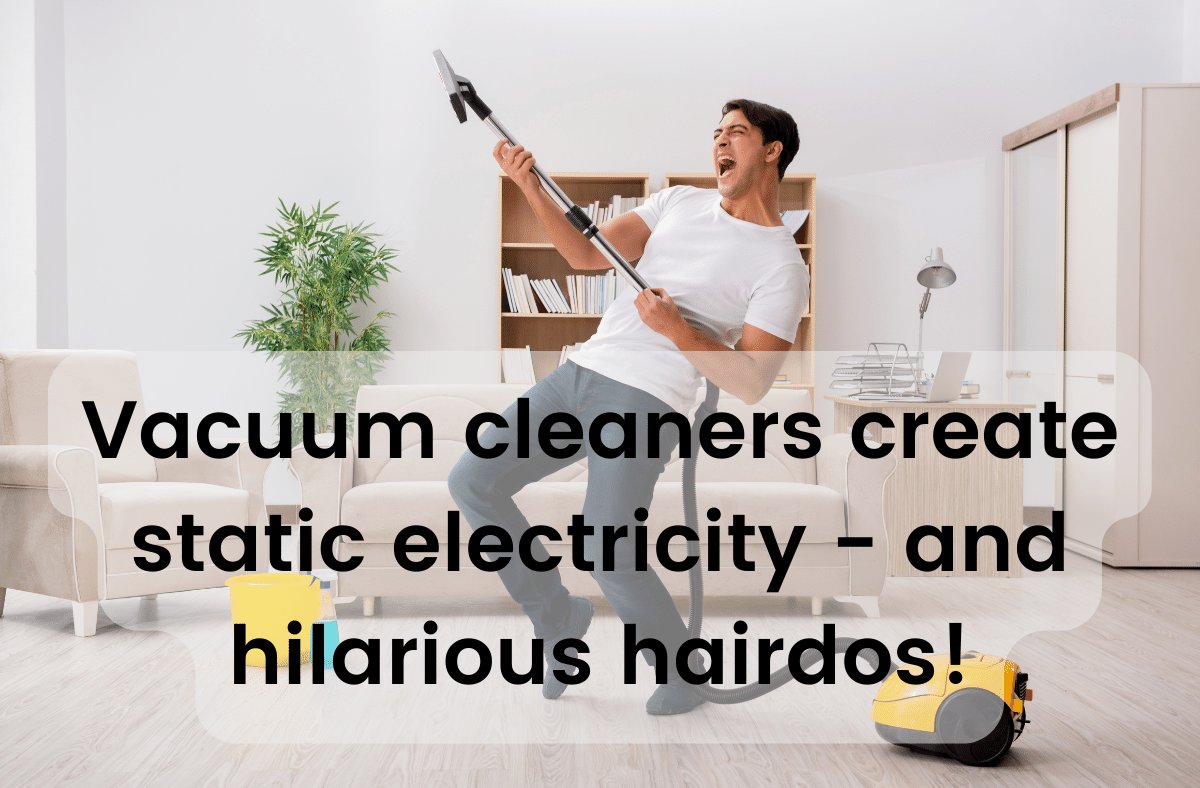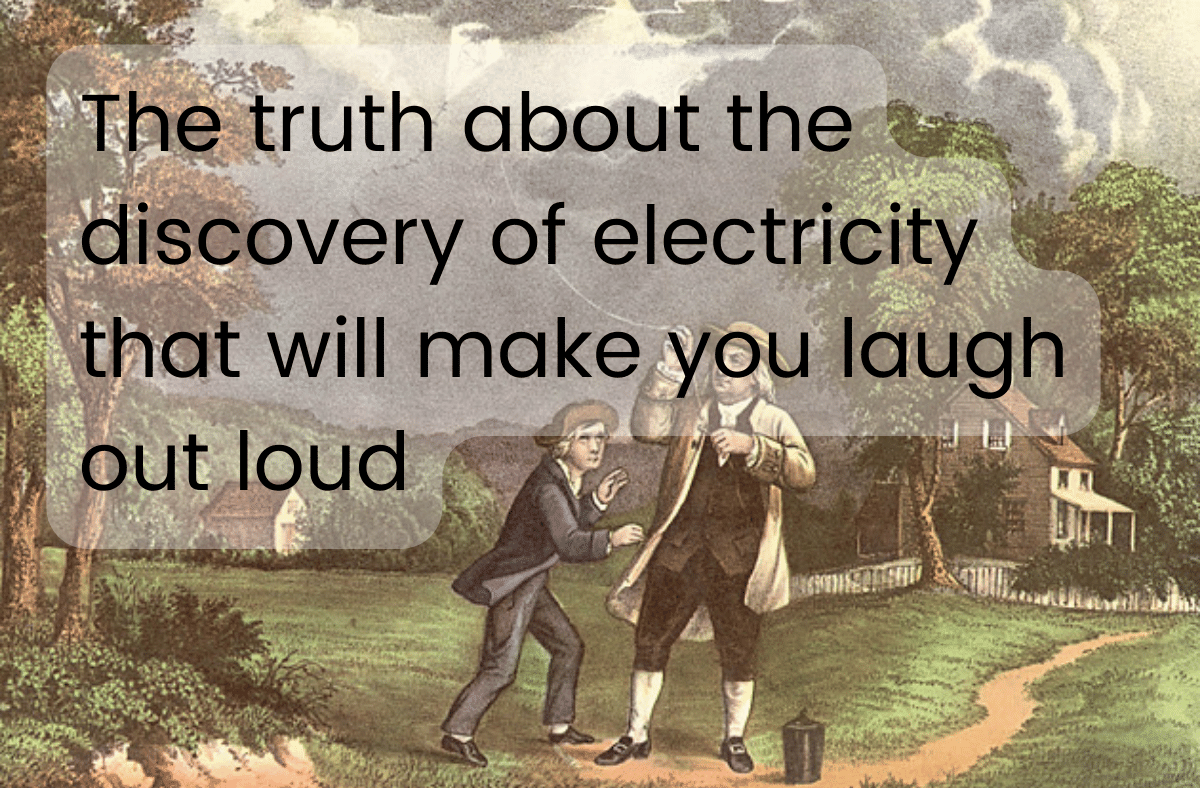For those in a hurry
- Vacuum cleaners can create static electricity, which can make your hair stand up or give you a shock.
- Static electricity happens when two objects rub together and transfer electrons, creating an imbalance of charge.
- Vacuum cleaners create static electricity by rubbing against the carpet, the dust, and the air.
- Static electricity can be annoying, but also dangerous if it ignites flammable gases or damages electronic devices.
- You can reduce static electricity by using a humidifier, spraying anti-static spray, or wearing natural fabrics.
How vacuum cleaners create static electricity
Static electricity is the result of an imbalance of electric charge on the surface of an object. When two objects rub together, they can transfer electrons from one to another. The object that loses electrons becomes positively charged, while the object that gains electrons becomes negatively charged.
Vacuum cleaners create static electricity by rubbing against different surfaces. The vacuum cleaner nozzle rubs against the carpet, transferring electrons from the carpet to the nozzle. The dust particles rub against the nozzle and the hose, transferring electrons from the dust to the vacuum cleaner. The air molecules rub against the hose and the bag, transferring electrons from the air to the vacuum cleaner.
As a result, the vacuum cleaner becomes negatively charged, while the carpet, the dust, and the air become positively charged. This creates an electric potential difference between the vacuum cleaner and its surroundings.
Why vacuum cleaners create static electricity matters
Static electricity can cause various effects, depending on the amount of charge and the humidity of the environment. Some of these effects are:
- Hair standing up: When you vacuum your hair or touch a vacuum cleaner nozzle, you can transfer some charge to your hair. This makes your hair strands repel each other and stand up.
- Electric shock: When you touch a metal object or another person after vacuuming, you can discharge some of the excess charge. This creates a spark and a shock sensation.
- Fire hazard: When you vacuum near flammable gases or liquids, such as natural gas or gasoline, you can ignite them with a spark. This can cause a fire or an explosion.
- Electronic damage: When you vacuum near sensitive electronic devices, such as computers or phones, you can damage them with a surge of current. This can cause data loss or malfunction.
How to reduce static electricity from vacuum cleaners
You can reduce static electricity from vacuum cleaners by following some tips:
- Use a humidifier: Humidity reduces static electricity by allowing the charge to dissipate through water molecules in the air.
- Spray anti-static spray: Anti-static spray neutralizes the charge on surfaces by coating them with a thin layer of conductive material.
- Wear natural fabrics: Natural fabrics, such as cotton or wool, do not generate as much static electricity as synthetic fabrics, such as nylon or polyester.






















